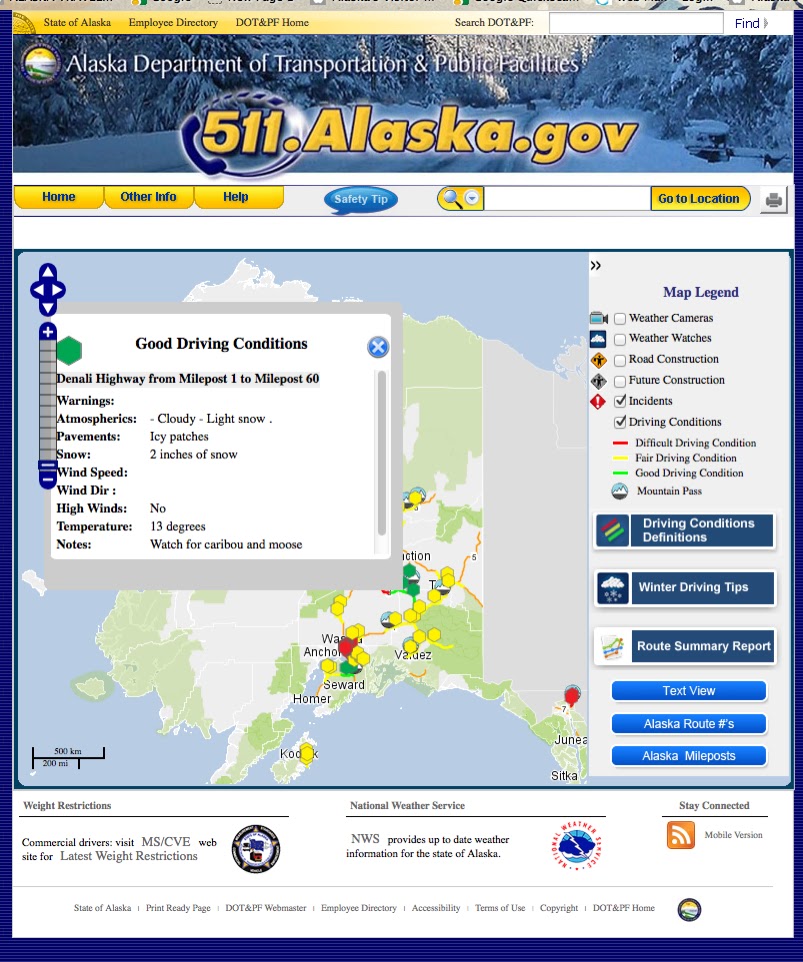Delta Junction, Faced With Lack Of Ambulance Service, Ponders Taxes
RURAL MELTDOWN Delta Junction Tries To Find A Solution As It Loses Its Ambulance In January, 2025, Delta Medical Transport ambulance compa...
RURAL MELTDOWN
Delta Junction Tries To Find A Solution As It Loses Its Ambulance
In January, 2025, Delta Medical Transport ambulance company told the people in Delta Junction – the next town up the Richardson Highway from the Copper Valley – that they were shutting down their ambulance service for good.
 |
| Ad for Delta Junction |
This will leave the people out on the roads of the farm town at the end of the Alaska Highway without a reliable way to get to Fairbanks for emergency hospital care.
...Or to address car accidents and medical home emergencies within the general community.
The statement wasn't a surprise. Delta Medical Transport, which provided ambulances in the Copper Valley for a number of years before pulling out of our region on June 30th, 2023, said as much over two years ago.
In 2022, in an interview with the Country Journal, the company warned that it would be necessary for both Copper Valley and Delta Junction people to "plan ahead" for the future when they wouldn't be here any more.
2022 HEADLINE IN THE COUNTRY JOURNAL
Moving on to the present time, ambulance service in Delta Junction (according to a recent story on Alaska Public Media) costs around a half million dollars a year. This has been paid for by the American Rescue Plan Act, which stemmed from the pandemic.
Unlike the Copper Valley, Delta Junction has an elected city government. But, when faced with the idea of tax hikes to support further ambulance service in that community, apparently some people in Delta Junction are opposed.
Yet what can be done? In the past, across much of Alaska, and much of rural America, volunteers made up for the cost of ambulance service by giving their valuable time and effort to the cause. In the Copper Valley, Copper River EMS has been working to bring back that volunteerism.
Yet volunteer work is difficult.
Volunteers go out at all hours of the day and night, at great personal cost. The value of their work is hard to assess; it's not "monetary" cost, and it is by no means completely "free". It costs real money to replace the work of volunteers.
Many volunteers have "aged out" – a problem that is sweeping across America right now as well as Alaska.
The city of Delta will be reviewing ways to try to fund an ambulance. According to Alaska Public Media, this includes "taxes and fees, which could be levied on things like fuel or marijuana sales."
THE ROAD TO FAIRBANKS
Without an ambulance, Delta people may have to drive to Fairbanks to get help.
But launching out up the Alcan, in search of emergency care in Fairbanks – whether you're in an actual ambulance or driven there in a private car by a helpful neighbor – is now increasingly problematic for the people who live there.
Fairbanks is only 100 miles away from Delta Junction. This is half the distance from the Copper Valley to Anchorage.
At the current time, road travel on the Alcan has its own new challenges. There are massive trucks hauling gold ore from a Tetlin mine to a Fairbanks mine, nonstop, day and night, over the Alcan.
This slows down the normal flow of traffic. A Delta Junction resident told the Journal this week that it used to seem like not much of a big deal to go to Fairbanks in the past. But now, she said, the ore trucks are an impediment to rapid travel.
She pointed out that she used to schedule 10 am medical appointments in Fairbanks, and leave at a reasonable time in the morning to get there.
Now this is impossible, she said, due to the trucks backing up against each other and blocking the route.
 |
| An ore truck in the parking lot near the IGA in Delta Junction. (Photo, Country Journal, May 2024) |
















